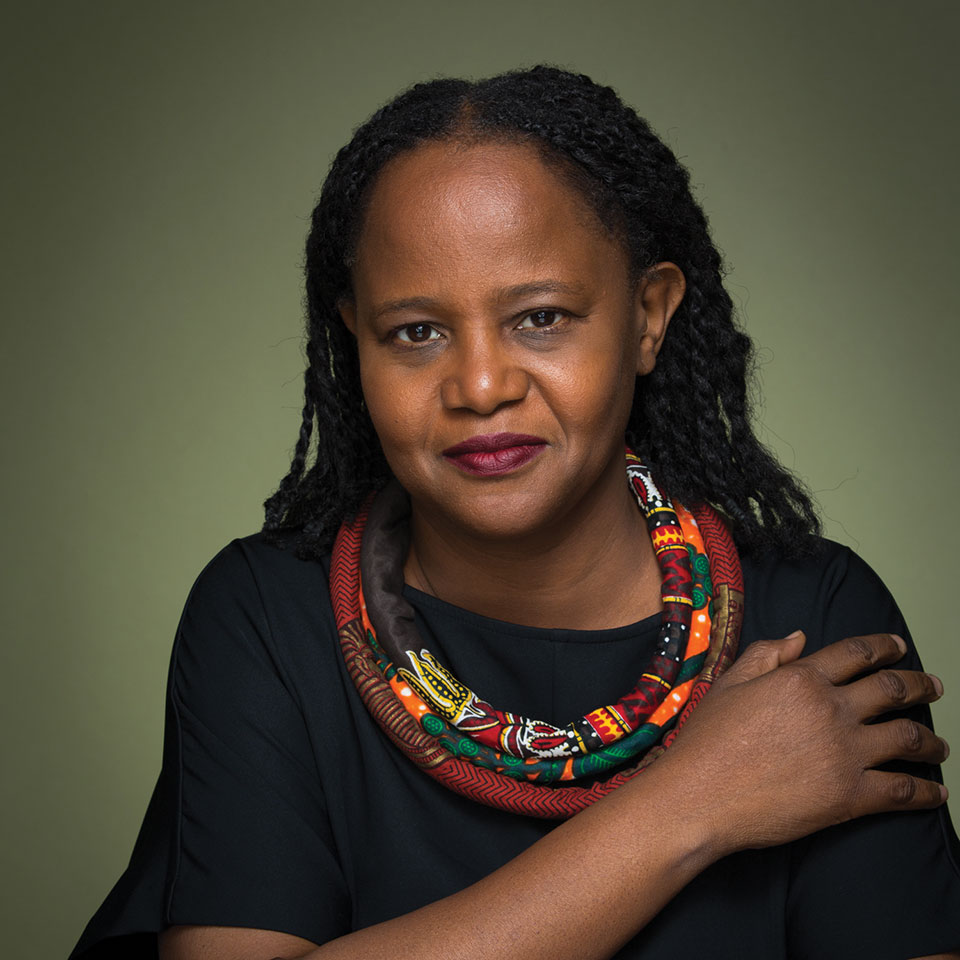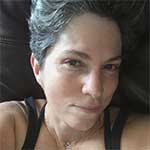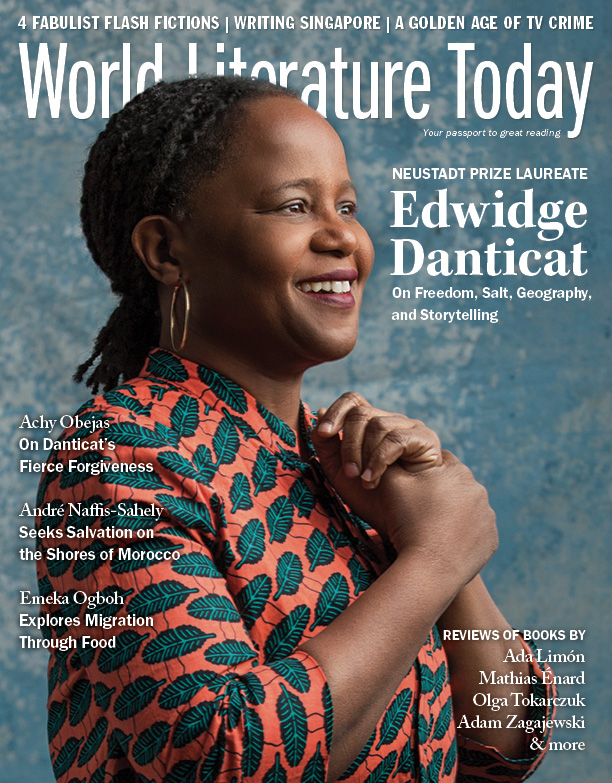Bearing the Unforgivable: A Tribute to Edwidge Danticat

Thank you to the Neustadt Prize committee, Neustadt sisters and family, the University of Oklahoma, the incredible writers who served with me on the jury last year.
It is my great honor to introduce Edwidge Danticat. As you’ve no doubt experienced by now, Edwidge is a woman of exceptional poise and elegance, uncommon intelligence, and unusual wisdom.
You can see in her eyes—those very deep, endless pools—that there is inside her an immeasurable reservoir of kindness and an extensive capacity for forgiveness. This last quality, I think, is what singularly marks her work: a fierce forgiveness, a forgiveness that comes not from a fear of the hereafter or acceptance of any inevitability but rather from a kind of recognition, an acknowledgment of our capacity to fall into the temptations of violence, of selfishness, of irrationality, and still, somehow, also be able to nourish and love.
Sometimes we do terrible things for very good reasons; sometimes we do beautiful things for terrible reasons. But that we may be able to do these terrible things does not necessarily make us so terrible as to be exempt from redemption.
The worlds Edwidge writes about are complicated, and their inhabitants operate with complicated intentions and ethics, complicated moralities and spiritual paths. But they are also common, as common as you and me, as common as the daily tragedies of children separated from their mothers, and as common as the petty corruptions we’ve come to accept in our politicians.
Edwidge’s work asks us to consider our own capacity for the unforgivable, our ability to bear the unforgivable, and the measure of our own powers of forgiveness.
And yet—Edwidge’s work does not ask us to forgive. It isn’t righteous; it does not make that argument. It does something much more profound: it asks us to consider our own capacity for the unforgivable, our ability to bear the unforgivable, and the measure of our own powers of forgiveness. Because that’s how forgiveness is so often framed in her stories: as a kind of power. A very unsentimental, very divested power.
Forgiveness, not as forgetting, but as an awakening.
Forgiveness as foresight.
Forgiveness as essential, as essential as the air we breathe, and as essential as love.
There are many things I love about Edwidge and about her work—its tight discipline, the sheer beauty of her words, the sublime architecture of her sentences, the way it disturbs us and makes us question our day-to-day lives, the way it makes us wonder about the unknown burdens our neighbor may be carrying, the secret lives around us we may never fully know—but to me this powerful force for forgiveness is what brings me back to her over and over: we are imperfect, we are unfathomable, and without recognition and forgiveness, how could we possibly go on?
This powerful force for forgiveness is what brings me back to her over and over: we are imperfect, we are unfathomable, and without recognition and forgiveness, how could we possibly go on?
I’ve been reading Edwidge since her first book, Breath, Eyes, Memory, almost twenty-five years ago. I read her latest, The Art of Dying, as if it was a prayer, and this much I know: with each book, Edwidge’s work gets stronger, more confident, more sage. With each new book, her already very personal and independent path grows longer and wider and makes room not just for more of her stories but also for those of so many others, for so many of us who are women, women of color, women of the Caribbean, island people, mothers and daughters, immigrants, wanderers, exiles. With each new book, her voice is ever clearer, ever more a clarion call. Each new story, each new word, brings a different kind of awe.
I feel an enormous sense of gratitude to Edwidge Danticat.
I’m honored to be here introducing her.
Norman, Oklahoma













